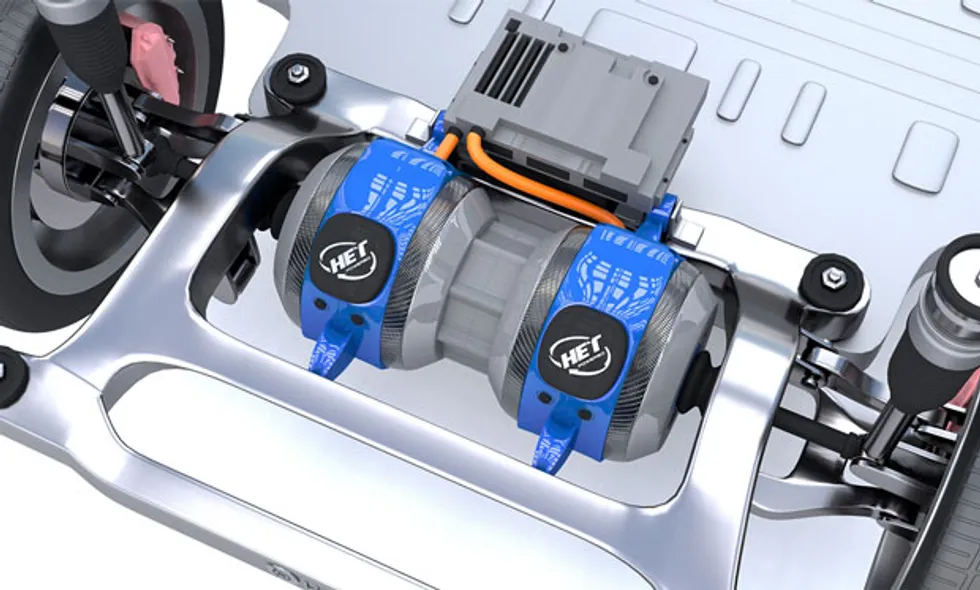Electric motors have been around for over a century, but they have seen a resurgence in popularity in recent years due to the rise of electric vehicles. Electric motors are more efficient and environmentally friendly than traditional gasoline engines, and they offer a number of other advantages as well.
New Electric Motor Technology
There are a number of new electric motor technologies that are being developed, each with its own advantages and disadvantages. Some of the most promising new electric motor technologies include:
- Switched reluctance motors: These motors are simple and inexpensive to manufacture, and they offer high torque at low speeds. However, they can be noisy and inefficient at high speeds.
- Permanent magnet motors: These motors are more efficient than switched reluctance motors, and they offer a wider range of operating speeds. However, they are more expensive to manufacture, and they can be damaged by high temperatures.
- Induction motors: These motors are the most common type of electric motor, and they are relatively inexpensive to manufacture. However, they are not as efficient as permanent magnet motors, and they can be noisy.
The Future of Electric Motors
The future of electric motors is bright. As the demand for electric vehicles continues to grow, so too will the demand for new and improved electric motor technologies. New electric motor technologies are being developed all the time, and it is likely that we will see even more efficient, powerful, and affordable electric motors in the years to come.
Read too: Exploring the Future of Sustainable Mobility with the New Golf Electric Car: A Comprehensive Review
Benefits of New Electric Motor Technology
New electric motor technology offers a number of benefits over traditional gasoline engines, including:
- Increased efficiency: Electric motors are more efficient than gasoline engines, meaning that they use less energy to produce the same amount of power. This can lead to significant savings on fuel costs.
- Reduced emissions: Electric motors produce zero emissions, which can help to improve air quality and reduce greenhouse gas emissions.
- Improved performance: Electric motors offer instant torque, which can provide better acceleration and performance than gasoline engines.
- Lower noise levels: Electric motors are much quieter than gasoline engines, which can make them a more pleasant driving experience.
Challenges of New Electric Motor Technology
There are a few challenges that need to be addressed before new electric motor technology can be widely adopted, including:
- High cost: New electric motor technologies are still relatively expensive, which can make them a cost-prohibitive option for some consumers.
- Limited range: The range of electric vehicles is still limited by the battery technology, which can make them impractical for long-distance travel.
- Charging infrastructure: The charging infrastructure for electric vehicles is still in its early stages, which can make it difficult to find a place to charge an electric vehicle.
Conclusion
New electric motor technology offers a number of benefits over traditional gasoline engines, and it is likely to play a major role in the future of transportation. However, there are still a few challenges that need to be addressed before new electric motor technology can be widely adopted.
